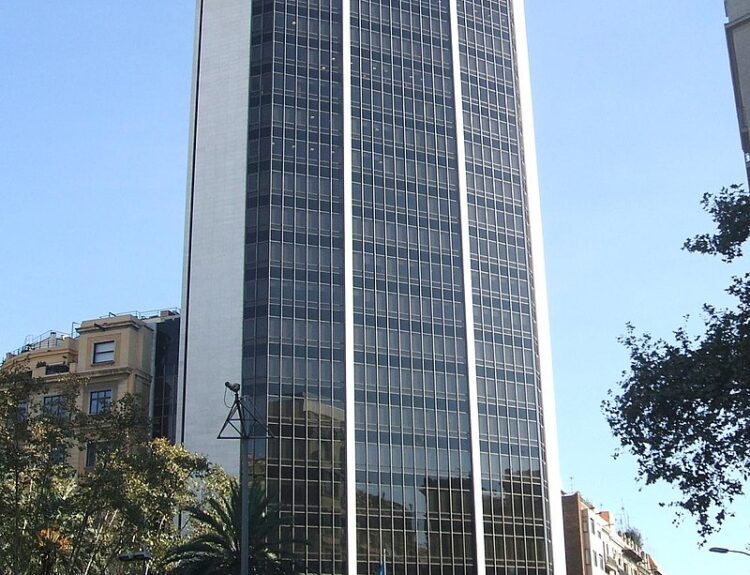Insights from their real-world results
- Cathie Wood and Rob Arnott debated value vs. growth three years ago
- Lessons learned from their real-world results
- Growth outperformed value in the Russell 3000 indexes
- Wood’s ARK Innovation ETF had negative returns while Arnott’s Invesco FTSE RAFI US 1000 ETF slightly outperformed the market
- Wood’s predictions on Tesla’s valuation were incorrect
- Lessons: own both value and growth, pick the right companies, being wrong isn’t necessarily bad, compelling arguments can be wrong, market concentration is dangerous, own total stock index funds
One of the most fascinating investing debates I’ve witnessed was the value-versus-growth debate between Rob Arnott, founder of Research Affiliates, and Cathie Wood, founder of ARK Investment Management. The debate took place at the 2021 Morningstar Investment Conference in Chicago. Three years later, we can analyze their real-world results and draw valuable lessons for investors.nnGrowth outperformed value in the Russell 3000 indexes, with the Russell 3000 Growth index returning 9.6% and the Russell 3000 Value Index returning 6.5%. However, when comparing Wood’s ARK Innovation ETF to Arnott’s Invesco FTSE RAFI US 1000 ETF, the results were surprising. Arnott’s smart beta methodology slightly outperformed the market, while Wood’s fund had a negative total return of 30.2% annually.nnWood’s predictions on Tesla’s valuation were also incorrect, as the stock declined 27% during the period. However, her prediction on the disruption of AI was accurate, with Nvidia gaining 477% and becoming one of the most valuable companies.nnFrom this debate, we can learn several lessons. Firstly, owning both value and growth is recommended, as it is impossible to predict which will perform better. Secondly, it is crucial to pick the right companies to invest in. Being wrong isn’t necessarily bad, as Arnott’s methodology still outperformed the market. Compelling arguments can be wrong, as Wood’s arguments were already priced into the market. Market concentration is dangerous, as seen with ARK Innovation ETF’s concentrated holdings. Lastly, owning total stock index funds that include both value and growth stocks is recommended to reduce risk.nnOverall, this debate provides valuable insights for investors and highlights the importance of diversification and careful stock selection.·
Factuality Level: 3
Factuality Justification: The article provides a detailed account of a debate between Rob Arnott and Cathie Wood on value versus growth investing, including their arguments and the subsequent performance of their investment strategies. It offers a comparison of their respective ETFs’ performance and discusses the outcomes. The article also includes lessons learned from the debate. However, it contains unnecessary background information, tangential details, and personal opinions that detract from the main topic, making it less focused and objective.·
Noise Level: 3
Noise Justification: The article provides a detailed analysis of the value-versus-growth debate between Rob Arnott and Cathie Wood, including their arguments and the performance of their respective investment strategies. It offers insights into the lessons learned from the debate and the importance of picking the right companies to invest in. The article supports its claims with data and examples, making it informative and relevant to investors.·
Public Companies: Tesla (TSLA), Nvidia (NVDA)
Key People: Cathie Wood (Founder, ARK Investment Management), Rob Arnott (Founder, Research Affiliates)
Financial Relevance: Yes
Financial Markets Impacted: The article discusses the debate between value and growth investing and the performance of specific ETFs. It also mentions the performance of Tesla and Nvidia, two companies in the technology sector. These topics are relevant to financial markets and companies.
Financial Rating Justification: The article discusses investment strategies, specific ETFs, and the performance of individual companies, all of which are relevant to financial markets and companies.·
Presence Of Extreme Event: No
Nature Of Extreme Event: No
Impact Rating Of The Extreme Event: No
Extreme Rating Justification: ·
 www.barrons.com
www.barrons.com 




